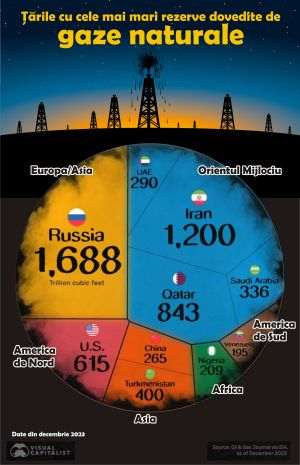Any warming of the planet beyond the 1.5°C threshold, even temporarily, could cause "irreversible consequences" for the future of humanity, warns a large study published in the journal Nature. The research, carried out over three years by 30 scientists from several countries, underlines the seriousness of this scenario and warns that exceeding the limit set by the Paris Agreement could generate effects lasting millennia. Although the delay in reducing greenhouse gas emissions makes achieving this goal seem increasingly difficult, the study shows that accepting an "overshoot" scenario-that is, exceeding the 1.5°C threshold for several decades before an eventual decrease in temperatures - would lead to irreversible consequences for the environment and society. Among the biggest risks is reaching critical "tipping points" such as thawing permafrost and peatlands, which would release large volumes of greenhouse gases, thereby accelerating global warming. Also, such an overshoot would lead to an additional 40 centimeters of sea level rise, seriously threatening island states. "Even if we later manage to lower temperatures, the world we live in will no longer be the same as it was before the 1.5°C threshold was exceeded," explained the study's coordinator, Carl-Friedrich Schleussner. According to UN estimates, climate commitments made so far point to a warming of almost 3°C by 2100. Schleussner points out that the results of the study emphasize the urgency of action by governments to reduce greenhouse gas emissions to avoid the catastrophic consequences of exceeding this limit .
Warning: The irreversible consequences of exceeding the 1.5°C threshold
O.D.
English Section / 14 octombrie 2024












































